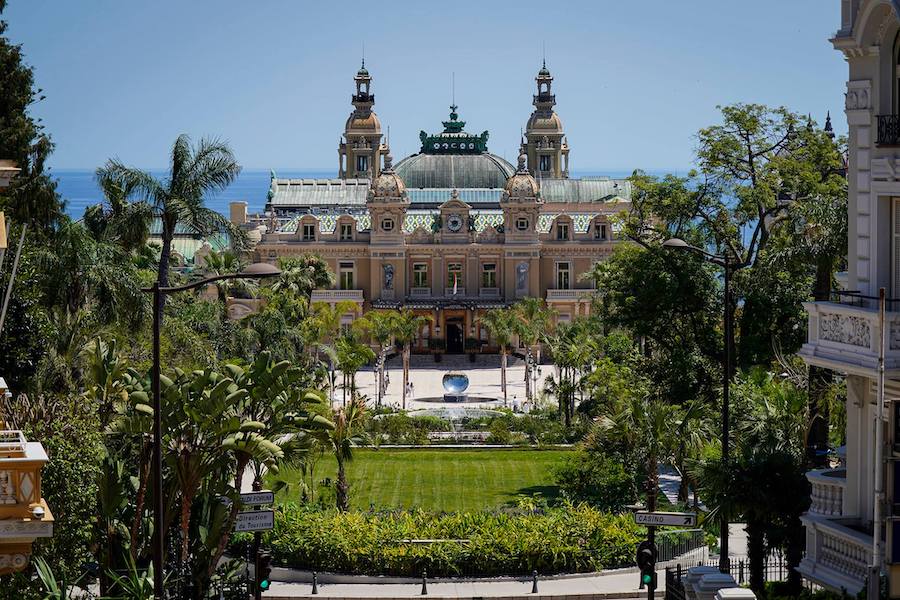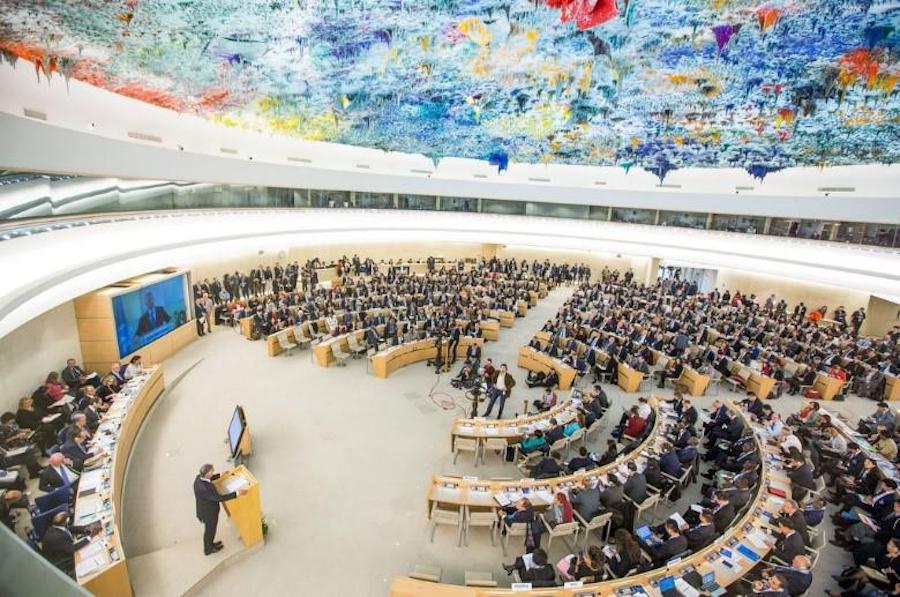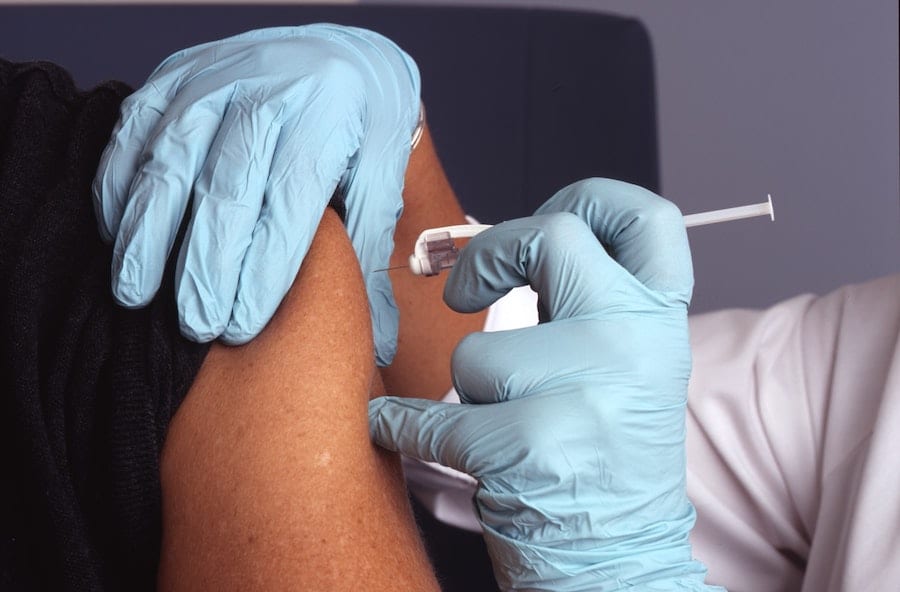The annual Red Cross Gala is taking place this Friday under a new name but still featuring all the usual glitz and glamour, with singer Jamie Cullum playing for attendees. This year, though, will be an event to remember as guests will be able to dance under the stars in the Place du Casino.
Since 1948, the Red Cross Gala has been a staple of the Monaco summer season. Prince Rainier III was the first chairman of the event and ever since, it has been a wonderful way to raise funds for the charity, as well as give party-goers a chance to revel in good food, good fun and good entertainment.
The legendary Maurice Chevalier played the first event, followed in 1952 by a fashion show held by Christian Dior, then a night with Josephine Baker in 1977, Frank Sinatra in 1980, Elton John in 1984 and Lionel Richie in 2004, to name but a few of the A-listers who have been a part of the event.
There has been no shortage of glamour over the years but never has there been a Red Cross Gala in an entirely open-air setting, until this year. On Friday 16th July, the revamped event, dubbed the Monaco Red Cross Summer Concert, will be held in the newly renovated Place du Casino, with beloved singer Jamie Cullum on hand to entertain the crowd.
The British jazz-pop singer songwriter has eight studio albums to his credit and is known for his contributions to film scores as well as his personal work.
It will be the first major concert in the square since it was unveiled in 2020.
The Red Cross Gala was cancelled in 2020 due to the pandemic, but the organisation never stopped. They were instrumental in helping the people of the Roya Valley after a storm decimated the region, and they also were on hand mobilising 530 volunteers who clocked up 57,000 hours in support of Covid-related projects.
Donors will be welcomed first to the new terrace of the Café de Paris before heading over to the Place du Casino to enjoy the concert. A visual spectacle also awaits as art works by acclaimed artists Laurence Jenkell and Nick Danzinger will adorn the area.
Tickets for both the cocktail and concert are €800 per person, and tickets for the concert only start at €200.
Casino Square June 2020, ©Direction de la Communication / Michael Alesi






